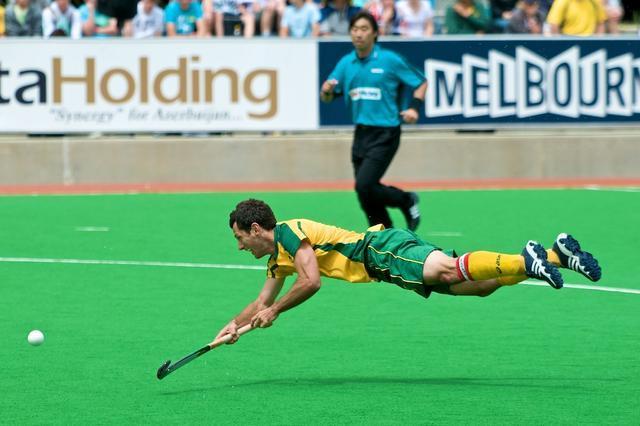First Olympic Year:
1900 for men and 2000 for women. What's
a century difference?
Origin:
So like all sports, Water Polo was
invented to separate the men from the boys. There were a bunch of
fairs and festivals around 1870 where towns wanted to show off what
they could do.
Eventually rules were penned by a guy in a bathhouse.
It was originally thought of as water rugby and became water polo
because English speakers don't like other languages and ball in Balti
sounds like Polo.
The first games were a little more
brutal then they are now. It doesn't seem like there were any rules.
A player could wrestle, push, or drown people to get a ball. Could
you imagine just getting to the ball and some giant dude just puts
your head under the water.
By the 1880s, they got rid of all the
fun things. I mean if I can't attempt to murder some one in a game
what is the point? The rules structured a game that passing,
swimming and scoring. Players could still tackle on another, but only
if he had the ball. The game kept evolving through 1900 where
Germany, Austria, France, Belgium, Hungary, and Italy created
competitive teams.
In the US the game was a little
different. It was rougher, it had a ball you could take underwater
that created a game where players would dive underwater. As a
result, no European teams came to compete in the 1904 Olympics. After
that the US decided to conform to the rest of the world. One can tell
this is the US before the second World War.
It took until 1928 for players to start
throwing the ball to one another without the ball hitting the water.
Before the Hungarian coach suggested such a tactic they would let the
ball drop and then pick it up out of the water. I am unsure why it
took so long to decide, to catch the ball, it is mind bending.






